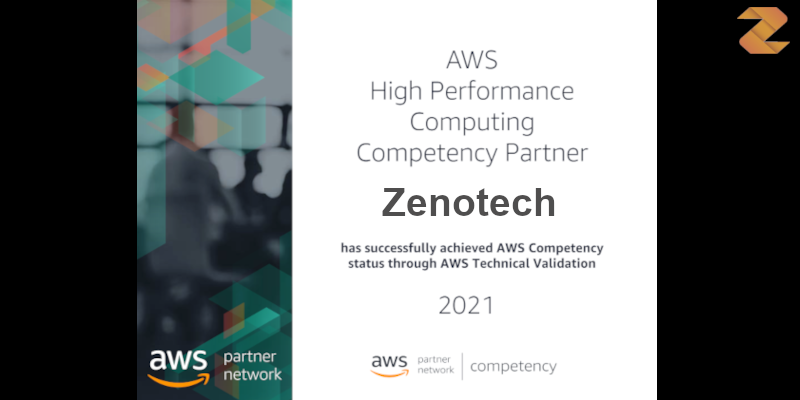
With the rise in lean oil and gas companies, the large-scale on-demand resources that the cloud provides is playing an increasingly vital role and offers potentially £billions of savings. Read on to hear how EPIC from Zenotech helped SMEs Rock Flow Dynamics and Epistemy work with industry specialist, Jonathan Carter, to use on-demand computing resource from Amazon Web Services (AWS) to optimise oil exploration and production.
As the price of oil has dropped (from about $110 per barrel to $50 per barrel), the oil and gas industry is undergoing significant changes. Major international companies are pulling out of mature provinces, such as the North Sea, while the assets are being bought by small companies, often new to the industry.
These companies are by necessity ‘lean’ and do not have the IT resources available within larger businesses. However, they still need an in-depth understanding of the risk associated with the petroleum reservoirs they control through statistical sampling, which means using large amounts of computing power. The answer is to use the on-demand resources that the cloud can provide. Let’s look at it in action in this case study.
Case study: Oil Exploration and Production
Jonathan Carter, industry specialist and ex Head of Technology and Innovation at E.On, wanted to conduct testing on an oil reservoir development using advanced optimisation technology from Epistemy and cutting-edge reservoir modelling software from Rock Flow Dynamics. As the existing computing resources were inadequate, he decided to harness the power of AWS cloud computing via the EPIC platform.
The challenge
The team of engineers and geoscientists did not have an accurate understanding of the reservoir to be developed. Uncertainties included: the shape of the reservoir, the height of the oil column, the porosity of the rocks containing the oil, the fraction of the oil that can be moved under ideal conditions and whether water will flood in from the underlying salt water aquifer.
The aim was to optimise the location of the oil wells and water injection wells in order to maximise the value of the oil product; they needed to place the wells so as to maximise the expected net present value of the project. Achieving this requires an estimate of the expectation, which is obtained through statistical sampling of the possible production.

Figure: The sample was obtained using Latin Hypercube Sampling on a 10 dimensional space to produce 31 models of the reservoir with a total of 2,000 trial cases to be tested. (Statistically speaking 31 is a small sample, but in reservoir engineering it is above the norm). The sequence of pictures shows how the optimised well positions recover nearly 80% of the oil by replacing it with water; typically a recovery in the range 50%-70% is considered good.
How did Zenotech help?
Zenotech provided the control and interfacing, through their EPIC product (Elastic, Private, Interactive, Cloud) which offers easy and secure access to cloud HPC globally. Zenotech’s experts customised EPIC for this project illustrating the flexibility of both the team and the product. EPIC matched the resulting workflow to the AWS cloud computing resources.
The tNavigator software from Rock Flow Dynamics provides industrial standard reservoir simulation, and has been optimised to run on high performance multicore processors available in the cloud. The optimisation was controlled using the Bayesian Optimisation Algorithm within the Raven software from Epistemy. Raven, tNavigator and EPIC worked together seamlessly to deliver a step change in ability to optimise under uncertainty for reservoir management.
Benefits of the cloud
There are many benefits of using cloud HPC in the oil and gas sector, including being able to assemble capabilities quickly irrespective of location; provide scalable resources for large tasks, and being able to meet computer hardware requirements without capital spending on increased IT infrastructure.
There are also huge economic benefits with potentially £billions of additional oil and gas revenue via improved modelling and simulation. Using the resources available within a typical small company it would take several years to complete the optimisation task outlined above, but it was completed at a computing cost for AWS resources of only $750 over a 12 day period.
To find out more about how EPIC and HPC could help your business too, do get in touch.



